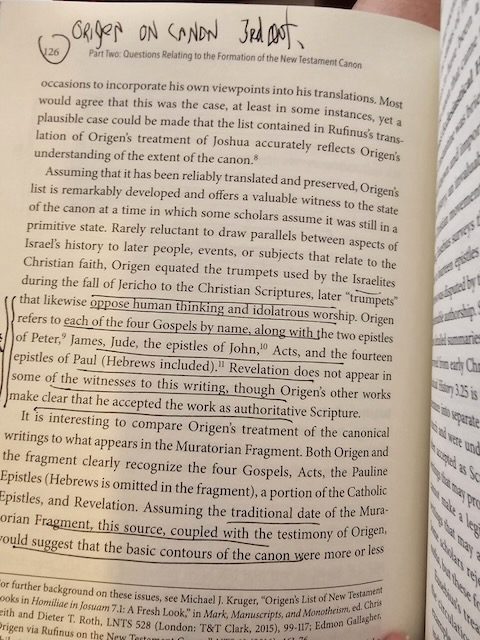While it is certainly can be true that reading the Bible can produce joy and other positive emotions, the Bible was not written for mere pleasure reading, like reading a summer novel by Grisham. As Ps. 119 makes clear, the Bible is meant for serious reading— but what does that look like? Especially what does that look like if indeed the Bible is meant to be obeyed when it offers imperatives? In the first place, the Bible needs to be read in its original contexts because ‘a text without a context is just a pretext for whatever you want it to mean’. Reading it in its original contexts helps prevent misreading your own ideas into the text. There is a difference between exegesis, and lazy eisegesis. This means seriously studying the Bible by reading good commentaries, monographs, articles by good scholars, especially if one is unable to read the Bible in its original languages— Hebrew, Aramaic, Greek. The latter is definitely preferable precisely because no English translation is perfect, and every English translation is already an interpretation of the original language text. So, what does serious reading of the Bible look like?
As I’ve already suggested it looks like reading it in tandem with good resources. For me, this is what serious reading about the Bible in tandem with reading the Bible looks like—
If you are reading your resources on Kindle or the like, and you cannot take notes and highlight things IN THE TEXT which you can come back to later and do some more reflection on, then you may not be serious enough about how you read the Bible and its contextual resources. These are pages from the book on the Canon which I reviewed in yesterday’s post. I have a system of underlining, bracketing, key pointing, and page number circling to make it easy to come back to later. I would not say Kindle is all bad, but it does make things more difficult to do serious study of the Bible and to find things— kind of like Bible for Kindle-garten students :). Save Kindle for pleasure reading.
The next thing to say about serious study of the Bible is you need a good lexicon, a dictionary of Biblical terms. Bible Dictionaries in general are helpful tools, but they are not lexicons and preferably you need a Greek (and Hebrew) Lexicon or two. The Greek one I now recommend is the massive one published by Brill, assembled by Montanari (and yes the entries are in English).
I hope you are beginning to get the idea that while a BSF approach to studying the Bible is o.k. as a starting point, it’s not a good approach if you want to advance in your study of the text. In general deductive study, standing on the shoulders of those who have come before and studied well is better than inductive study of the Bible, which usually begins with your own impressions or thoughts about the Bible. At this point I’m happy with most any approach that makes Christians less Biblically illiterate, at least knowing what the Bible says, if not yet much about what it means, but no one should want to stop at that level of study. The good news about things like BSF is that you study God’s Word as a group, so you are pooling human thoughts about the Bible not just your own. It is then up to the group leader who studies the Bible using good resources to make sure the session doesn’t just become a sharing of various sorts of ignorance or uncorrected misperceptions about the Bible.
I’ve probably said enough for one post, but I would remind all the readers that you are exhorted by the Bible itself to ‘study to find yourselves approved’ and study so you can not merely know the truth, and be set free by it, but obey the truth as well, and oh yes– share the truth with others.















